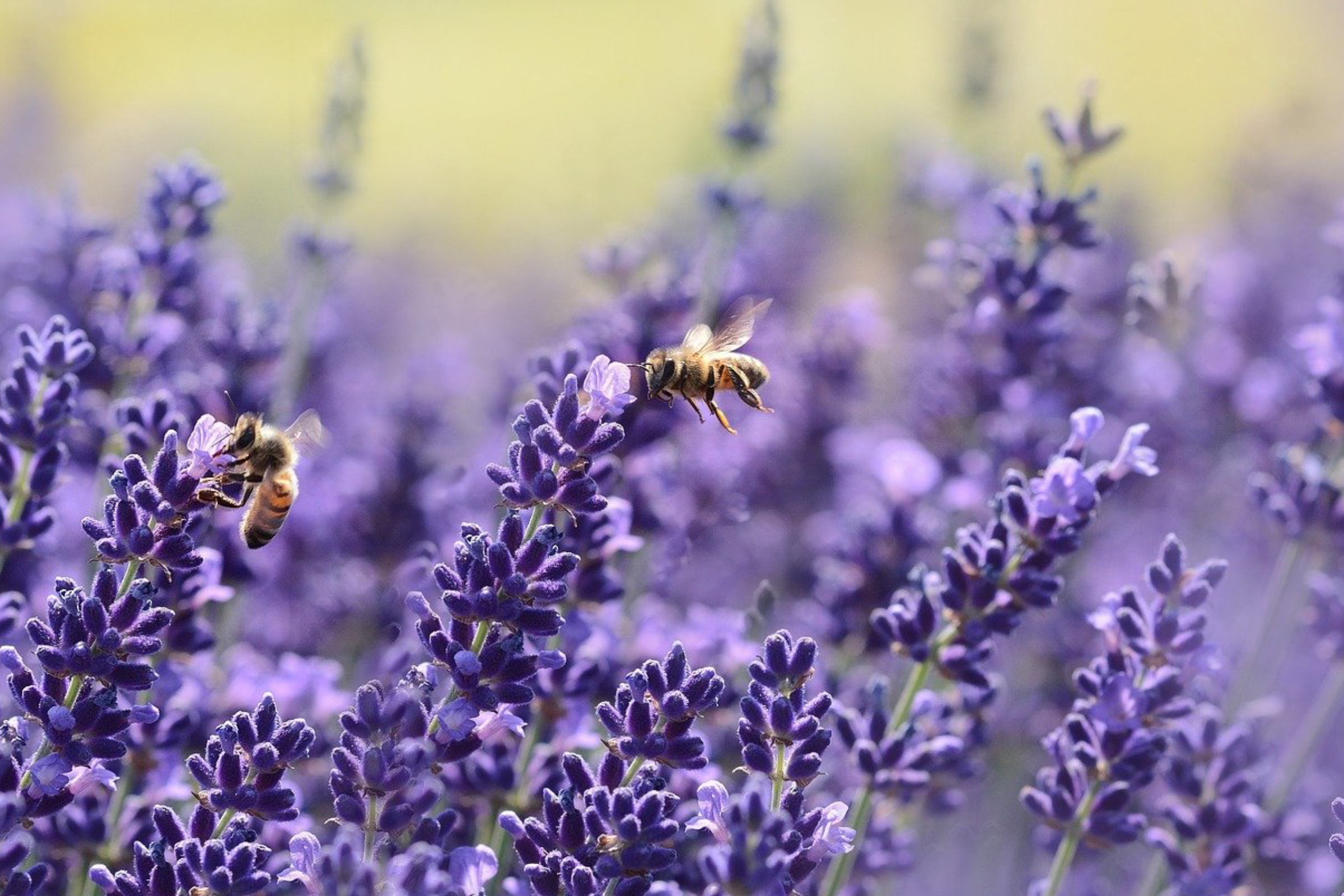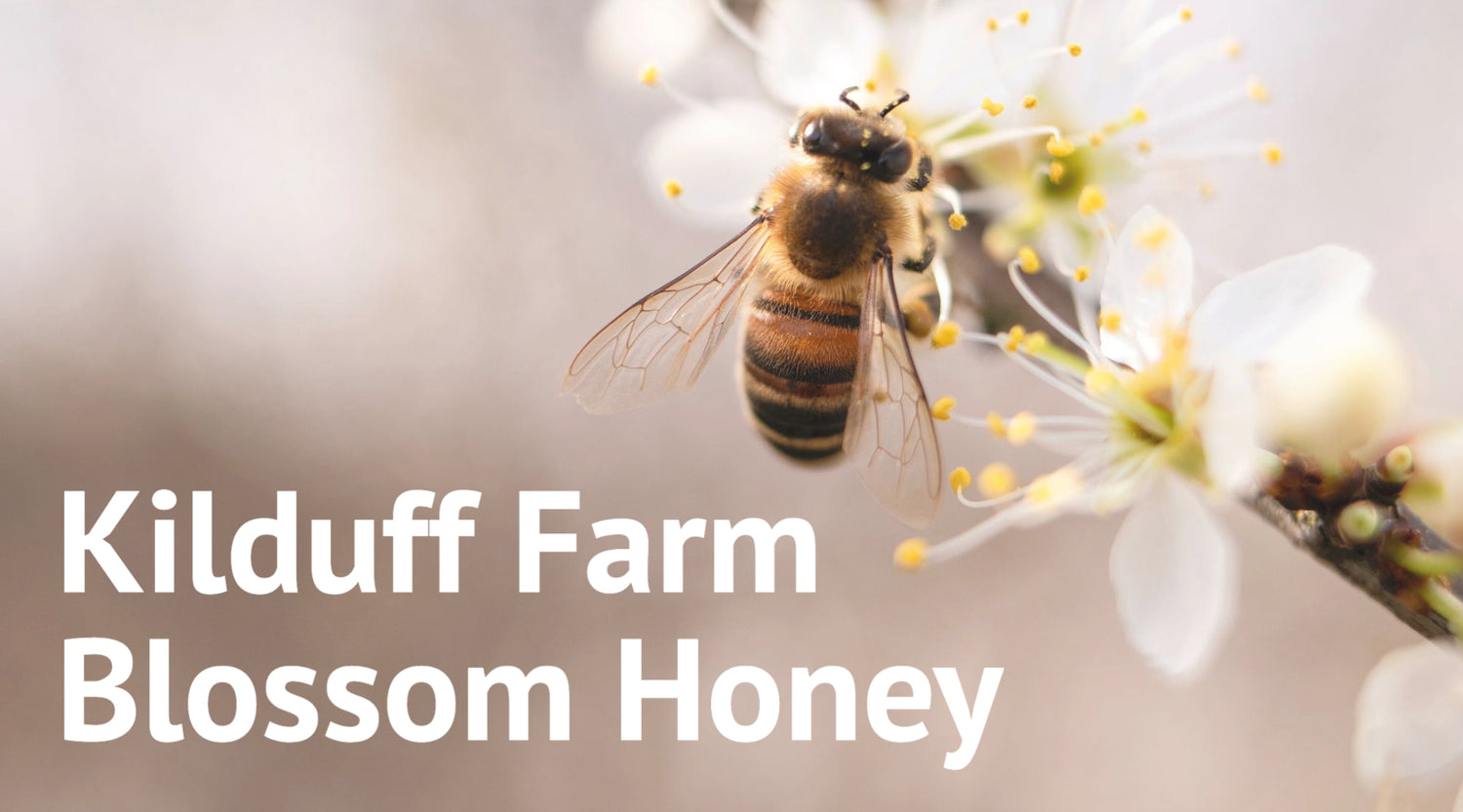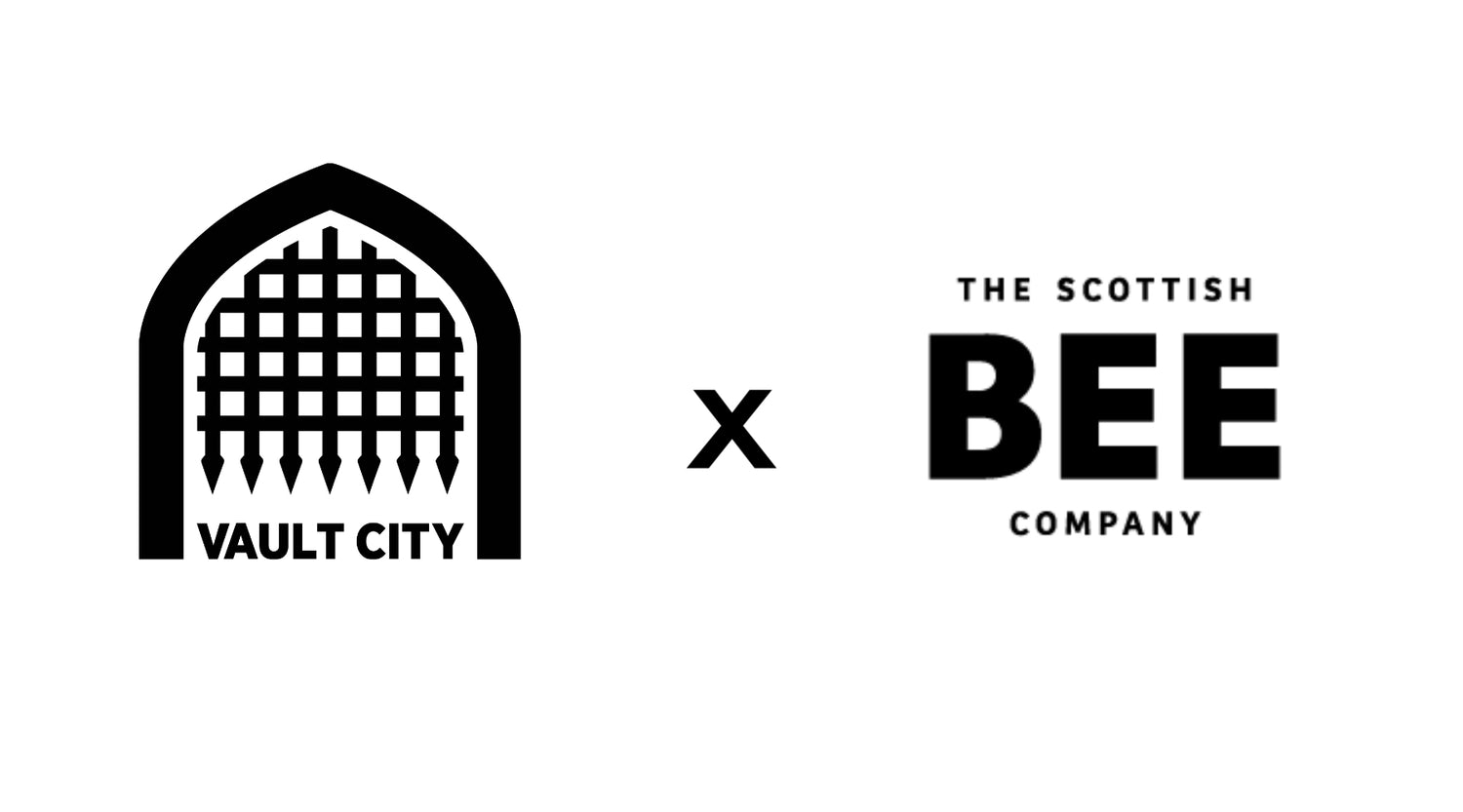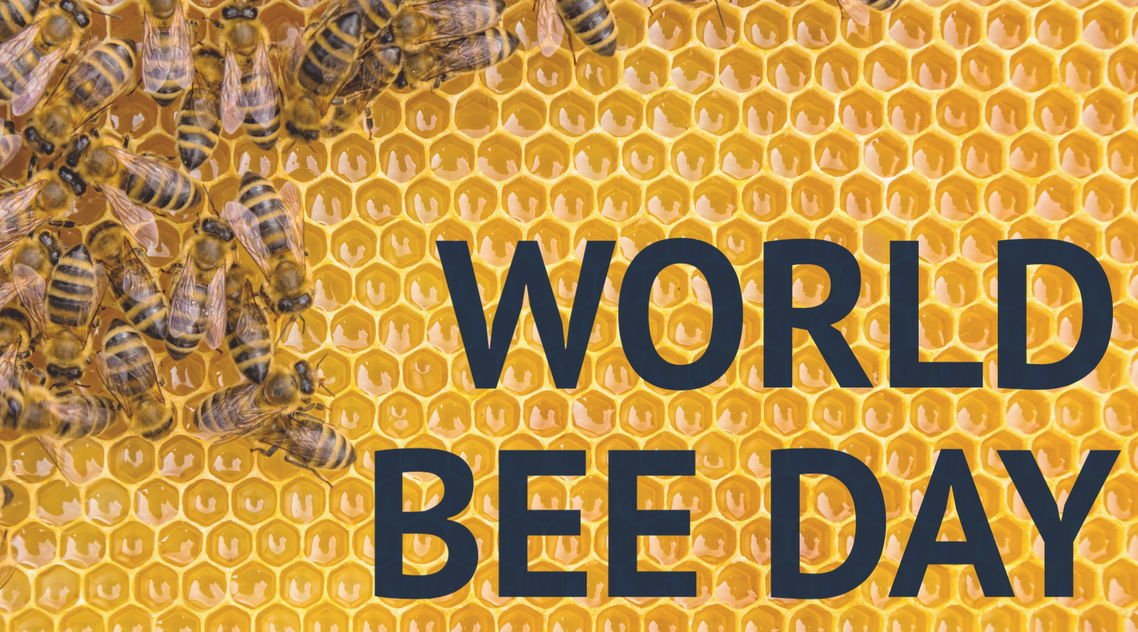It is a good idea to think about how to create a honeybee friendly garden. This is because a garden that honeybees enjoy is very likely to be a garden that other pollinators enjoy as well. I’ve attempted to create my own little pollinator haven at home and one of the most rewarding aspects of this is to see how many different pollinators I can spot.
Interestingly different pollinators do favour different plants. Bumblebees have long tongues, and this makes plants such as foxglove much more appealing to them. Shorted tongued pollinators, such as the honeybee, struggle to access the nectar due to the shape of the foxglove flower. Variety is good.
Of course when thinking about what to plant in a pollinator friendly garden, space is a consideration. If you have a large bit of land, then trees and large shrubs are fantastic sources of food. We often think about small flowering plants when we think about pollinators but think about the size of a tree in comparison and then imagine that tree in flower! That’s a lot of food. If you have space to plant fruit trees such as apple, plum and quince or some ornamental cherry trees the bees will be very appreciative. Willow, hazel and alder are all great sources of early season pollen.
Smaller gardens would do better with some smaller shrubs and perennials. Climbers such as honeysuckle and clematis are popular with pollinators. Herbs such as rosemary and mint are great although you do need to leave them to flower and that doesn’t work so well from a culinary perspective. You could always have one for the kitchen and one for the bees! Lavender, nepeta, ceanothus and cotoneaster all make good pollinator plants. In fact the list is endless and no space is too small to provide a meal for a bee. Even if you only have a windowsill you can still pot up a bee friendly plant or even sow some wildflower seeds.
Succession planting is something to consider for honeybee/pollinator friendly gardening. Again, this may come down to space but having a variety of trees/shrubs/plants flowering throughout the year is incredibly useful to our bees, butterflies and hoverflies. Once a plant has finished flowering it no longer provides food for our pollinators (however after flowering comes fruit and this provides food for other wildlife such as birds) and so it is very handy if there is another plant nearby with a different flowering period.
Another tip for honeybee/pollinator friendly gardening is to let things go a bit wild. As an example, an un-mowed lawn can provide a banquet for bees! All kinds of wildflowers are living in our lawns but we don’t realise this as we tend to mow them on a weekly basis throughout the spring and summer. See what happens if you leave a patch of your lawn to grow, you’ll be amazed at what pops up. You don’t even have to stop mowing altogether, just reducing mowing can give certain flowers a chance. Mowing every four weeks will give you a profusion of ‘short-grass’ plants like daisies and white clover. Mowing even less and you will get a more diverse mix of flowers such as oxeye daisy and field scabious.
And remember a weed is just a plant in the wrong place. Pollinators love weeds! They also need water. A small bowl of pebbles full of rainwater makes for a good hydrating point for bees and other pollinators.
Below I’ve listed some great plants to help get pollinators into your garden. They are listed by season and start with plants for small spaces and by the end you will find larger shrubs and trees.
Spring
Snowdrops
Winter aconite
Rosemary
Chives
Primrose
Hyacinths
Allium
Catnip
Mint
Ceanothus
Willow
Hebe
Mahonia
Clematis
Crab apple
Alder
Horse chestnut
Hazel
Blackthorn
Summer
Phacelia
Cosmos
Nasturtium
Thyme
Rosemary
Sage
Euphorbia
Globe thistle
Anemone
Jasmine
Honeysuckle
Cotoneaster
Berberis
Lime
Tulip tree
Autumn
Michaelmas daisy
Heather
Aster
Rudbeckia
Wallflower
Campanula
Choisya
Flowering ivy
Winter honeysuckle
Winter
Cyclamen
Hellebore
Crocus
Mahonia
Witch hazel
Forsythia
Winter jasmine
Sweet box
Gorse
Viburnum
Winter cherry





